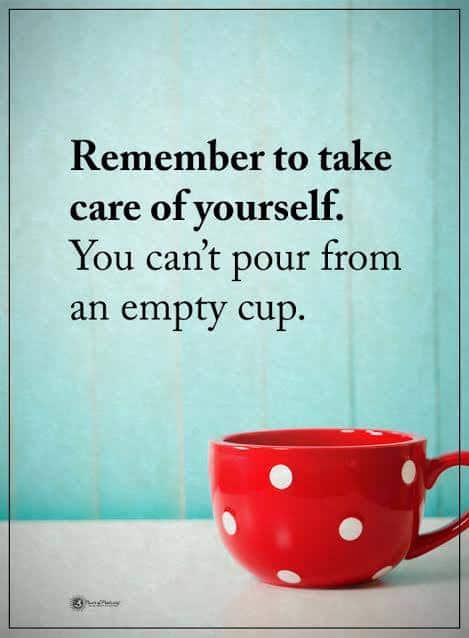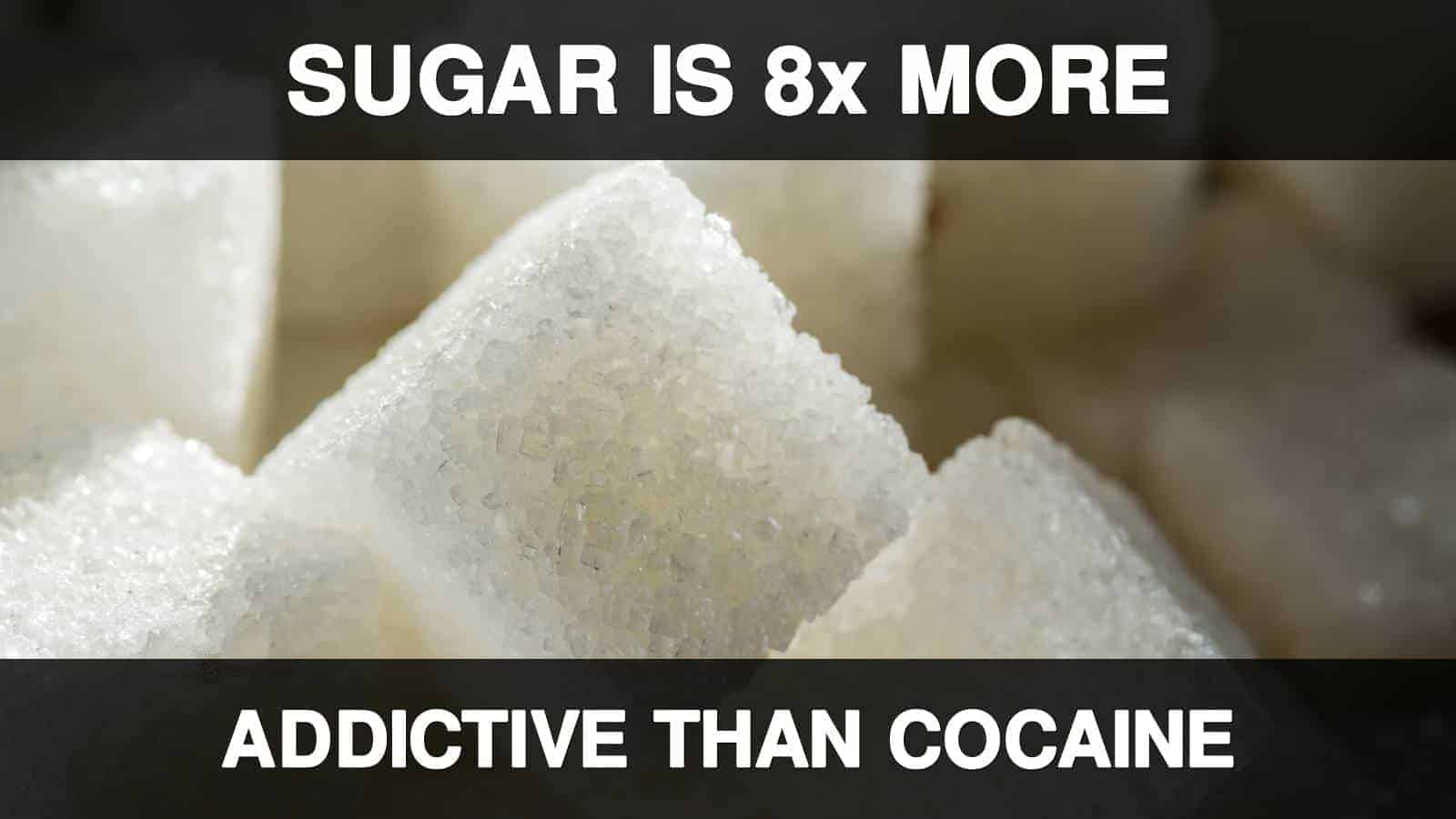Sugar is most certainly an addictive substance – up to eight times as “addictive” as cocaine; only sugar is not an “emotional addiction,” but a biological one. Those who consume sugar at disproportionately high levels alter the brain’s mechanisms of pleasure and reward. Practically-speaking, they may reach for a stashed soda or candy bar without really even realizing what they’re doing. They’re hardwired for sugar . At some point in our lives, a sugar detox is necessary to reset our body and brain.
Here are a few statistics to kick-start this article:
- The average American consumes over 150 pounds (? 69 kg) of sugar per year.
- An average American child eats over 228 pounds (? 103 kg) of sugar per year.
- The average American consumes over 146 pounds of flour per year.
- Flour is known to raise human blood sugar at a higher rate than sugar.
Statistics aside, high sugar intake – in its various forms – is detrimental to human health.
“The facts are in, the science is beyond question. Sugar in all its forms is the root cause of our obesity epidemic and most of the chronic diseases sucking the life out of our citizens, our economy, and increasingly, the rest of the world. You name it, it’s caused by sugar: heart disease, cancer, dementia, type-2 diabetes, depression, and even acne, infertility, and impotence.” – Mark Hyman, M.D.
So, the question is what to do about it. Well, as with any addiction, it is necessary to flush the substance from the body with the aid of the following sugar “detox”
Here’s the 10 day sugar detox plan you’ll want to follow:
This brings us to the article’s main topic – a 10-day sugar detox. It is beyond the scope of this article to detail the precise means of an elaborate detoxification program; instead, we will provide 10 generally-accepted detox principles that can be completed in a 10-day period.

1. Decide (and commit) to doing a sugar detox
Make a strong commitment to detox from sugar by understanding its ramifications.
Dr. Mark Hyman, the author of The Blood Sugar Solution 10-Day Detox Diet, asks us to answer the following questions to help with this decision to detox:
- Do you have belly fat?
- Are you overweight?
- Do you have pre-diabetes or type 2 diabetes? Does either condition run in your family?
- Do you eat when you’re not hungry?
- Have you experienced “food guilt”?
- Do you experience brain fog, memory or mood problems, gas, reflux, joint or muscle pain?
In answering in the affirmative to one or more of these questions, you may benefit from a 10-day sugar detox.
2. “Go Cold.”
Similar to many other addictions, the best way to stop is to “Go Cold,” or “Cold Turkey.” Immediately refrain from eating all variations of sugar, flour, artificial sweeteners, and processed foods.
Sticking with real, fresh, whole foods will both benefit your health and help you navigate the 10-day detox.
3. Don’t reach for those drinks
The dangerous thing about sugar-laden beverages (juices, sodas, sports drinks, sweet teas) is that sugar consumed from these products is streamlined into your liver; this increases cravings for unhealthy (read: sugar- and carb-laden) foods.
Gatorade: 14 teaspoons of sugar. A 20-ounce soda: 15 teaspoons of sugar. Forget about it.
4. Get enough protein
Eating protein at every meal, especially at breakfast, is vital to keeping blood sugar levels in check, eliminating cravings, and maintaining good overall health.
Good protein sources include seeds, nuts, fish, chicken, or grass-fed meat. A single serving of protein is about 4 to 6 ounces (the size of your palm).
5. Eat plenty of (good) carbs
Actually, you can eat as many carbs as you’d like. Just ensure that they are the right types of carbs. Eating starch-laden foods is a big no-no during this process. Foods in this category include potatoes, beets, grains, and squash. Beans are optional, although abstaining from them for this detox is advised.
Eat non-starchy vegetables such as broccoli, cauliflower, collards, asparagus, green beans, kale, onions, tomatoes, fennel, eggplant, artichokes, zucchini and peppers; these are all decent sources of healthy carbs.
6. Eat good fats
As with protein, eating healthy fats at every meal is critical during this detox. Snack on nuts and seeds; supplement meals with extra virgin olive oil, avocados, fish, and other good types of omega-3 fats.
Fat is necessary as it normalizes blood sugar and sustains our cells.
7. Have an “emergency kit.”
The world-renowned alternative health advocate, Dr. Deepak Chopra explains:
“You never want to be in a food emergency when your blood sugar is dropping…You need an emergency food pack…I have one filled with protein, good fats, and good snacks so I never have to make a bad choice.”
The contents of your “emergency kit” do not matter, permitted that they meet the criteria explained here.

8. Breathe mindfully
Cortisol is the stress hormone that can trigger feelings of hunger (often of the sweet variety.) It is important to learn how to counteract this physiological response by breathing mindfully.
In addition to curbing feelings of hunger, some studies demonstrate that mindful breathing alters metabolism “from fat storage to fat burning.”
It’s quite simple: “Simply take five slow deep breaths – in to the count of five, out to the count of five, five times.”
9. “De-inflame.”
According to the Journal of the American College of Cardiology, proper dietary habits lower the risk of heart disease and inflammation.
The study cites refined starches and sugar consumption as a catalyst for an inflammatory response, recommending “the choice of healthy sources of carbohydrate fat, and protein,” as opposed to refined sugars and starches, to counteract unhealthy inflammation.
10. Get quality sleep
According to the Mayo Clinic, 7 to 9 hours of sleep is recommended for adults (younger groups require more).
The slightest deviation from this recommendation can adversely affect the hormones that suppress appetite; often resulting in a craving for refined carbohydrates and sugar.
When the body is not well-rested, we’ll (often subconsciously) pick and choose foods that provide a quick boost followed by a “crash.” Adequate sleep is considered the best way to counteract these effects.


















